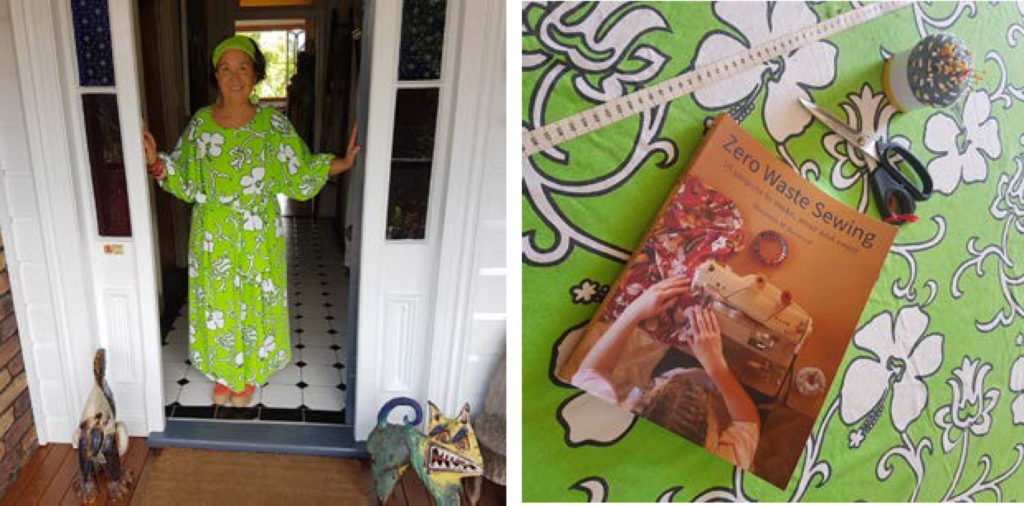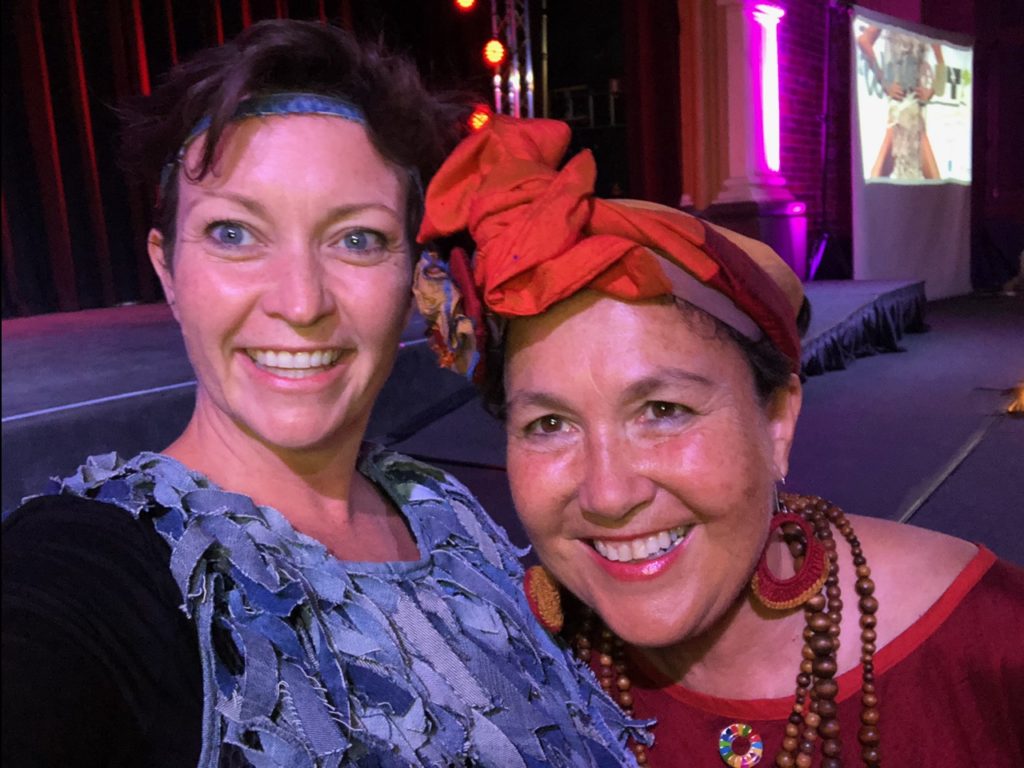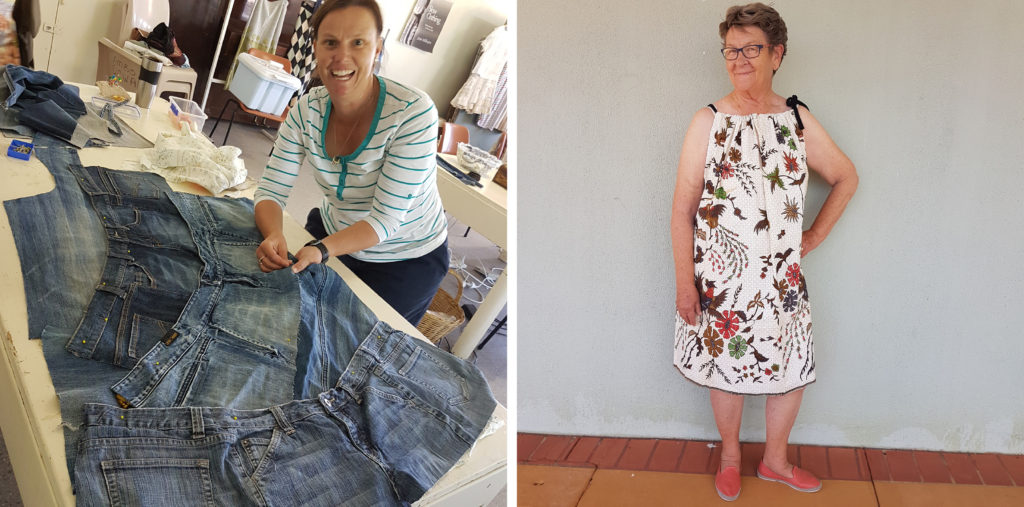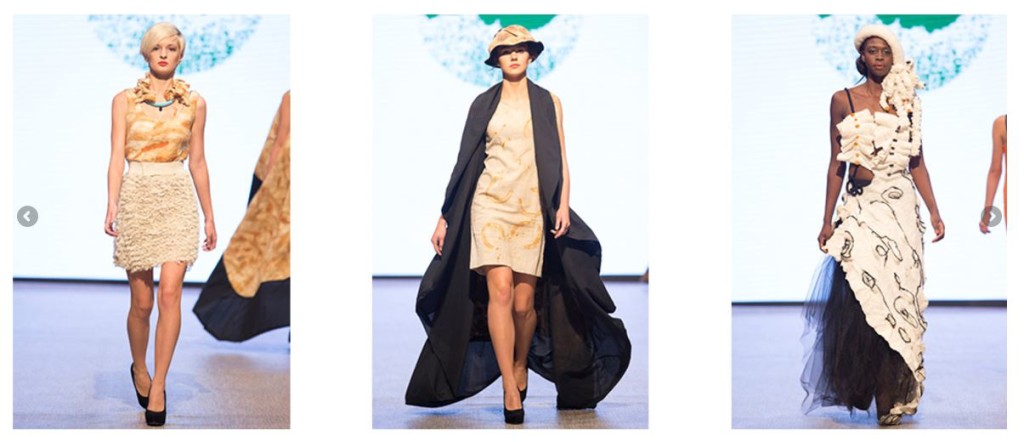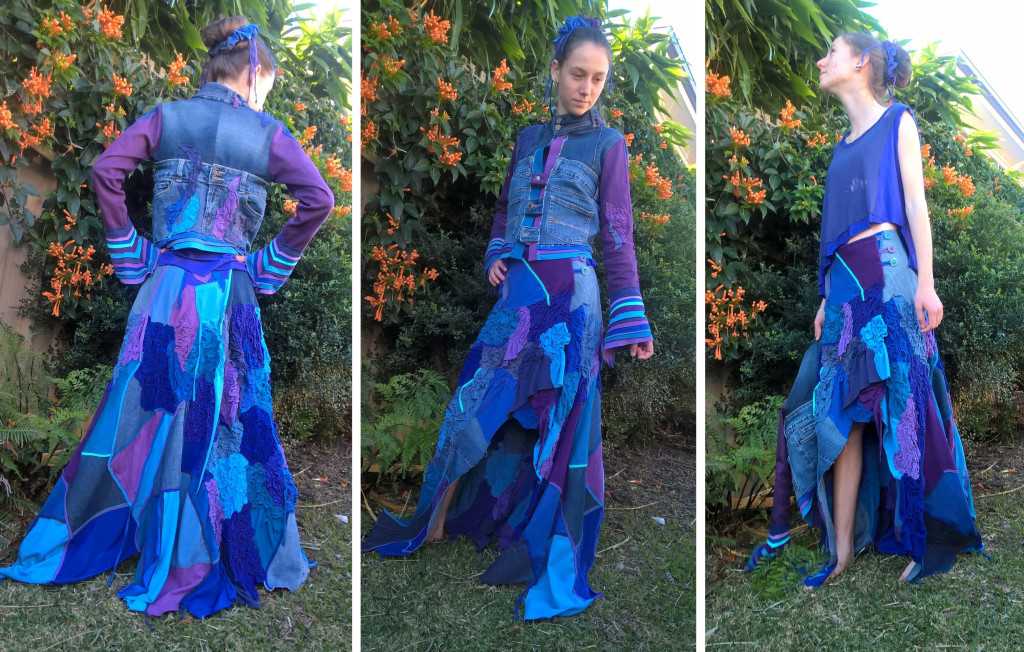Sewing in straight lines and basic math skills are all that’s required to achieve success with the simplest of the handmade clothing projects in a clever new book Zero Waste Sewing from South Australia’s Elizabeth Haywood.
Zero Waste Sewing is a practical and resourceful book based around 16 projects to make, wear and enjoy, with plenty of opportunity to modify and adapt them to suit your shape and preferences.
Through her ingenious patterns, Liz inspires a sustainable, resourceful approach by showing us how to use 100 per cent of the fabric, with nothing left over. Such a great goal to work towards!
The Craft of Clothes is Liz’s blog about sewing and fashion, and her earlier book The Dressmakers Companion, reflect her background and experience as a pattern maker and sewing teacher.
